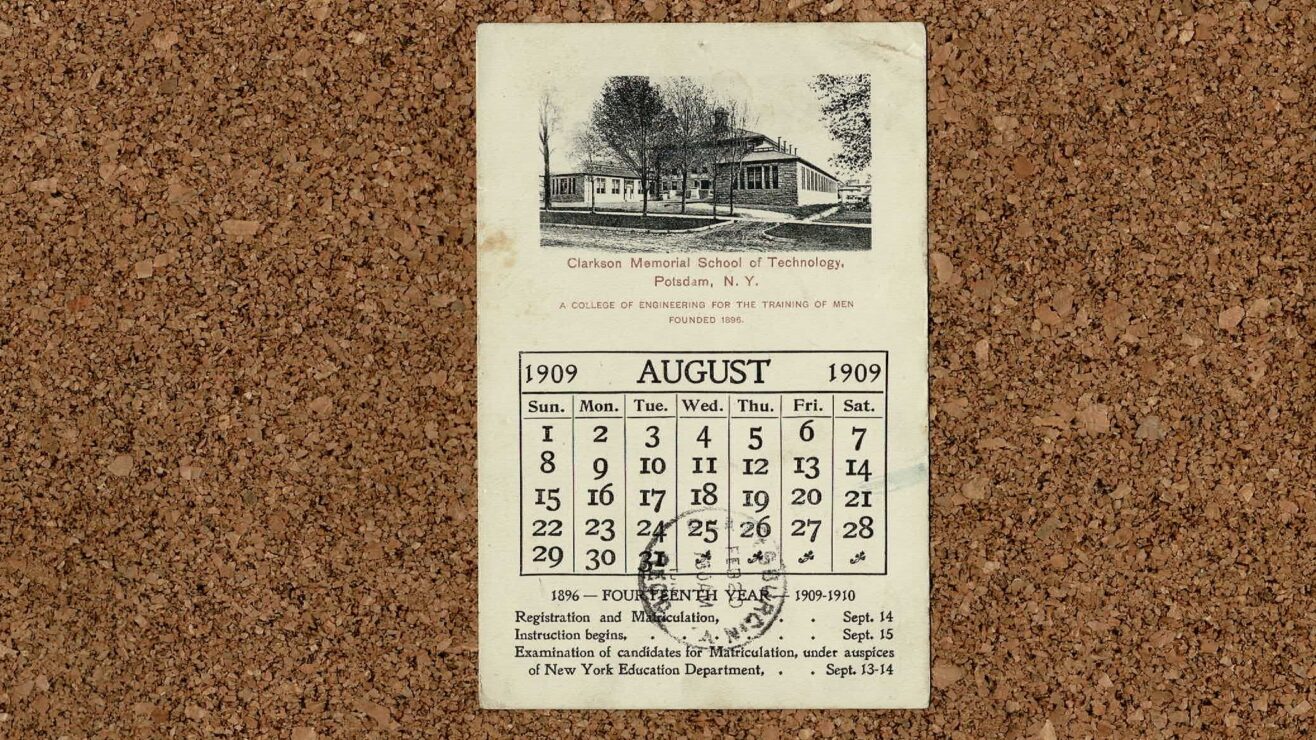Support for “warrior-scholars”
 I’ve written here before about a modest scheme to encourage former soldiers to retrain as teachers.
I’ve written here before about a modest scheme to encourage former soldiers to retrain as teachers.
The offer to former troops from Higher Education has always seemed to be much more limited in the UK than in the US though where there does seem to be significant support for veterans. As Inside Higher Ed reports, there are some challenges for those seeking to transition from military life to the university environment. Providing extra support for these generally mature students making the move to a largely 18 year old filled environment is therefore important to give veterans the best chance of succeeding.
One such programme is the “Warrior-Scholar Project” which is a non-profit (you’d hope it would be) scheme intended to offer a an “academic boot camp” (of course) for veterans who are about to enrol.
The two-week program is immersive and demanding, say both its organizers and participants. A veteran runs the sessions, which are taught by university professors and graduate students. The curriculum is designed to help participants prepare to tackle the reading lists of rigorous college courses.The Warrior-Scholar Project is also about the social side of college, said David Howell, the group’s director of studies. He said the goal is to give veterans confidence that they have the “tools and skills” to succeed as students.“The transition from the military to college is quite difficult,” Howell said. “There’s a distinct cultural difference.”

Combat gear is not compulsory in the classroom
The programme has only been going for a couple of years but it does seem to have had an impact:
The project began at Yale in 2012, Howell said, with 24 participants. Since then the boot camps have spread, first to Harvard University and then to the University of Michigan. This year more than 150 students will attend sessions at 11 institutions, including both public and private universities (see list).The syllabus includes both classic and modern scholarly works. Participants are encouraged to frame their ideas in academic context. They are also taught about how to translate their military skills and experiences to college.
According to one student, Michael L Smith, he wanted to enrol for a confidence boost and because he was intimidated by the expected reading requirements at university:
Smith said the program sets high expectations, keeping participants working until midnight most days. They learn how to balance an academic schedule, which is far less rigid than what most veterans experienced in the military. The boot camp helped Smith shorten his learning curve for getting back into an academic life, showing him he “could work at a high level with a proper level of support.”The group dynamic was also important. Smith said he has kept in touch with several other student veterans he met through the project, including a few who enrolled at Wesleyan, as well as students at Yale (30 G.I. Bill recipients), Dartmouth College (48) and other institutions.
“We talked about reaching out to other veterans, and not being afraid of seeking counseling,” he said. “You’re not an island.”
There seems to me to be something in this. With an outflow of 23,000 from UK forces in 2013/14 alone, there must be something more that universities could do for this cohort.












